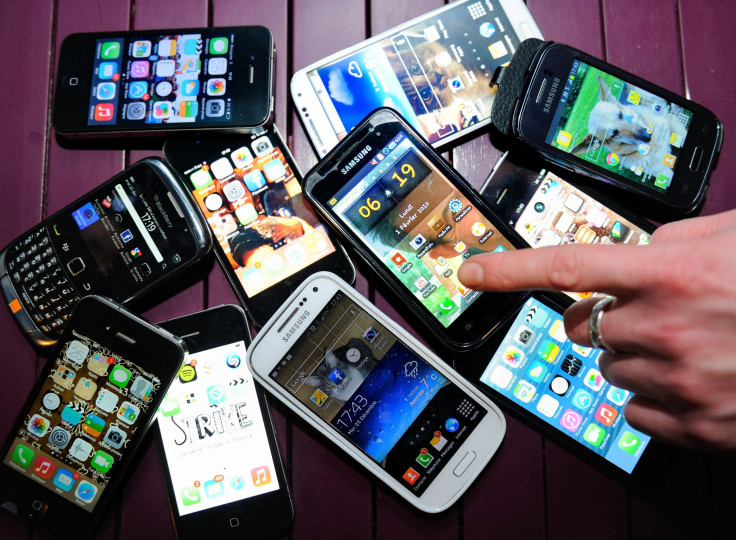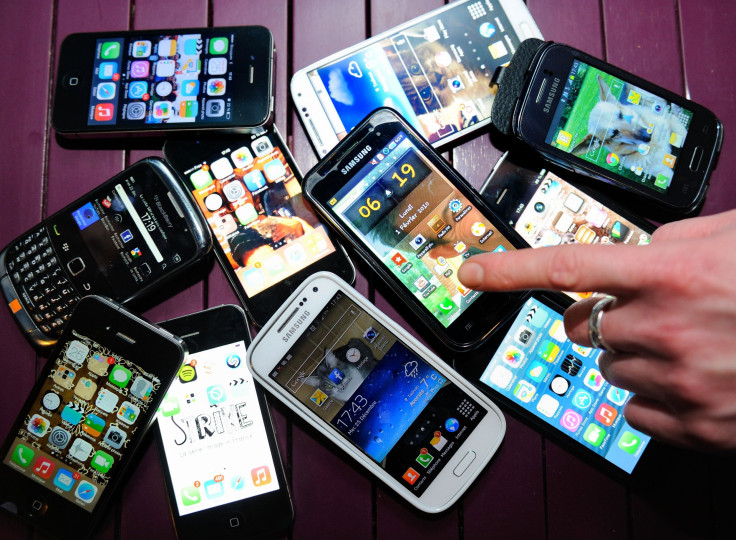FCC Fines Man $120 Million For Making Millions Of Robocalls

The Federal Communications Commission wants to crack down on the growing scourge of “robocalls” to personal cell phones. On Thursday, the FCC announced it fined one man $120 million for an operation that tried to scam millions of people through fraudulent phone calls in 2016.
Adrian Abramovich of Miami was hit with the hefty fine after an investigation found he was responsible for almost 100 million fake phone calls.
Yesterday, the FCC completed its Abramovich investigation, issuing a $120 million fine for spoofing violations: https://t.co/U2WnEi2yKq #OpenMtgFCC
— The FCC (@FCC) May 11, 2018
As its name implies, a robocall is when someone receives a phone call and an automated message plays on the other line when it is answered. The practice has exploded in recent years thanks to internet technology that allows the calls to be made on a wider scale than ever before, according to the Federal Trade Commission.
Abramovich’s methods were typical of most robocall schemes. People would receive phone calls, often from their own area code or even resembling their own phone number, in a practice called “neighbor spoofing.” If they answered, an automated message would falsely claim to be from a notable service like TripAdvisor and prompt the recipient to "press 1 for more information."
After doing that, they were sent over to a foreign call center where they would be sold on timeshare packages by a real phone operator. Abramovich’s scheme reportedly made about 96 million calls in 2016 using this method.

FCC chairman Ajit Pai released a statement emphasizing the organization’s commitment to stopping robocalls.
“This FCC is an active cop on the beat and will throw the book at anyone who violates our spoofing and robocall rules and harms consumers,” Pai said.
TechCrunch pointed out that stopping Abramovich will do little to end robocalls in the short term. If the 96 million calls he was responsible for in 2016 sounds like a large number, there were reportedly 3.4 billion made in just the last month, according to the tech site.
“Going after a single bad actor is emptying the ocean with a teaspoon,” FCC commissioner Jessica Rosenworcel said in a statement.
© Copyright IBTimes 2024. All rights reserved.





















